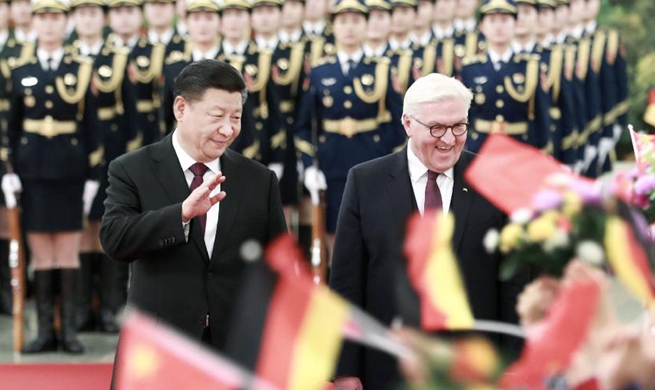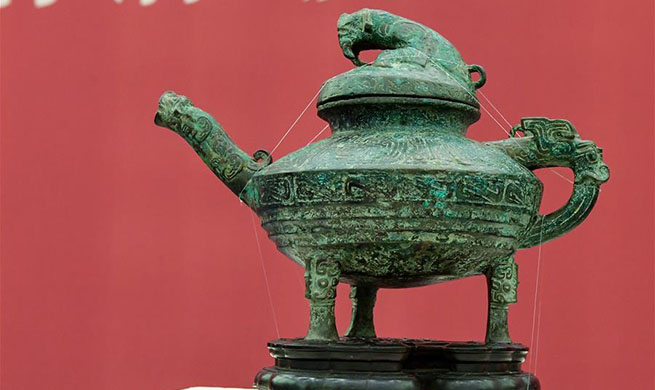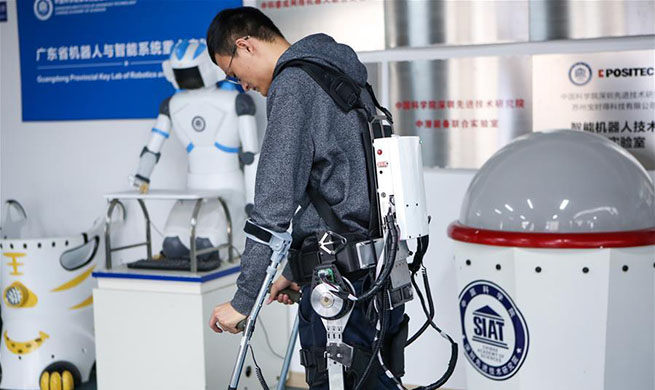BEIJING, Dec. 12 (Xinhua) -- Although external uncertainties abound and downside risks have emerged, China's policy makers have many economic levers at hand to deal with challenges, analysts have said.
"The country has plenty of room to maneuver its policies, and is capable of maintaining stable economic growth in a turbulent global environment," said Yan Se, a professor at Peking University.
Huang Jianhui, head of research institute under the China Minsheng Bank, said: "Among the policies, the authorities have to find the right balance between ensuring stable growth, restructuring the economy and preventing major risks."
China's economy has remained in firm shape this year, expanding 6.7 percent in the first three quarters and on track to meet the government's annual target of around 6.5 percent.
However, latest indicators revealed signs of stress in the economy. Although factory activity continued to expand, the manufacturing purchasing managers' index declined for a third month in a row last month to 50, which is the benchmark that separates expansion with contraction. Growth of exports and imports also slowed in November.
Inflation remained mild, with growth of the consumer price index declining to 2.2 percent last month, which analysts expected to ease further next year, making it easier for the central bank to maintain liquidity at a reasonable and sufficient level.
"We still have enough room to adjust monetary policy tools, in terms of interest rates, reserve requirement ratio (RRR) and monetary conditions among others," said Yi Gang, governor of the People's Bank of China, the central bank.
The country's monetary policy remained prudent and neutral, neither too loose nor too tight, Yi said at the G30 International Banking Seminar 2018.
Looking forward, Lian Ping, chief economist of the Bank of Communications, expects the country's monetary policy to prioritize ensuring stable growth in 2019.
The central bank may further cut the RRR in 2019, but at a milder extent and lower frequency compared with this year, Lian said, adding that the likelihood of cutting the benchmark interest rates would remain low.
He expects the country's fiscal policy to be more proactive next year, with the budget deficit ratio rising to 3 percent from 2.6 percent in 2018, further reduction of taxes and fees, and more efficient use of fiscal funds.
CICC economist Liu Liu said that the country would further advance its reform and opening-up policies, by actively supporting the development of the private economy, promoting foreign trade and attracting foreign investment.
Specific measures may include improving the business environment, reducing corporate costs, preventing market monopoly, implementing competitive neutrality, further opening manufacturing and service industries to foreign investment, strengthening intellectual property protection, easing market access, and adopting the model of pre-establishment national treatment with a negative list, according to Liu.

















